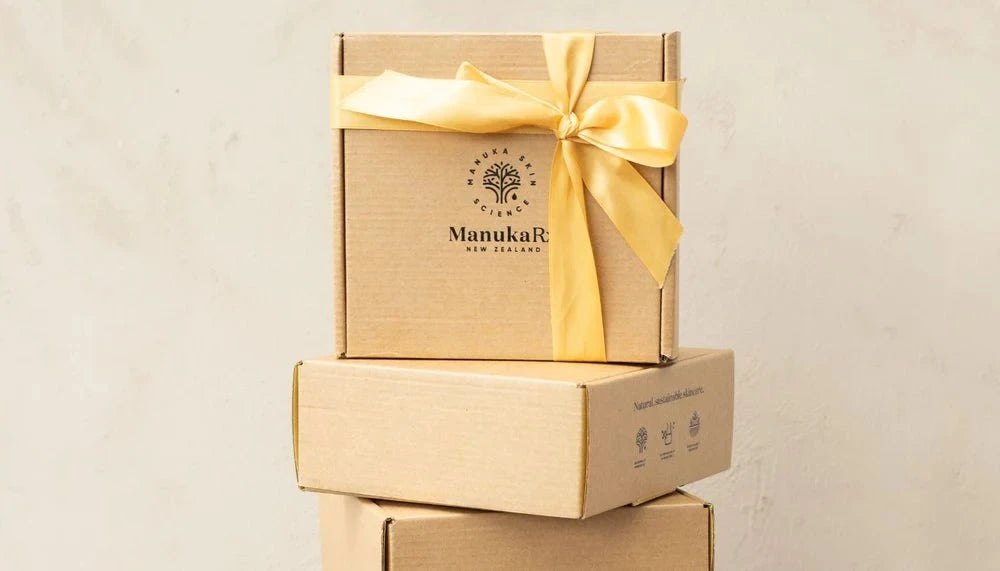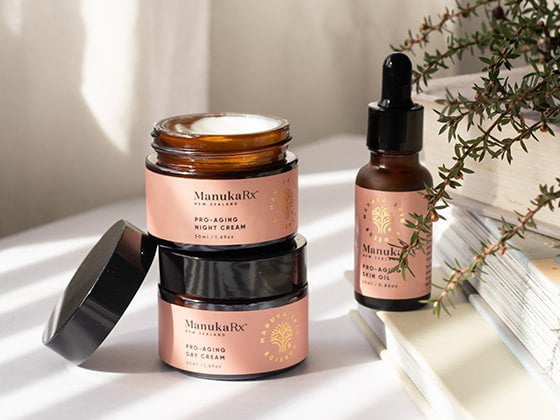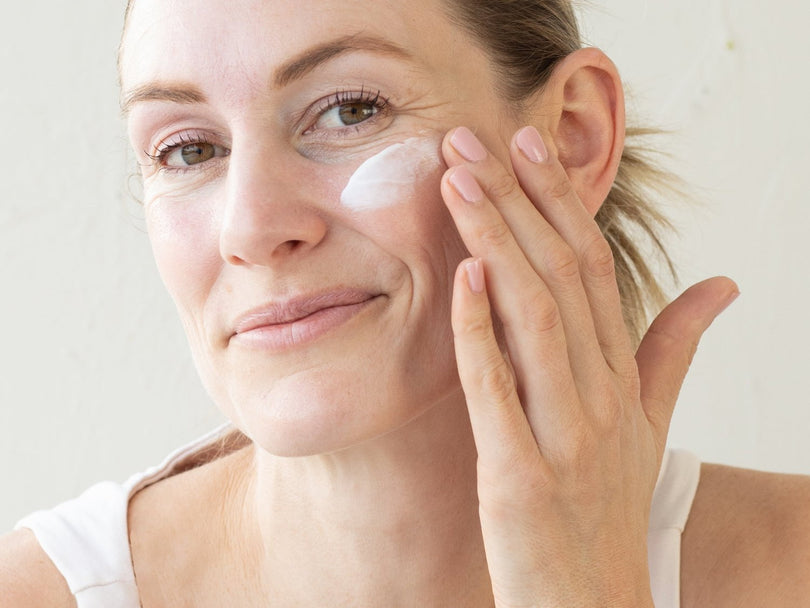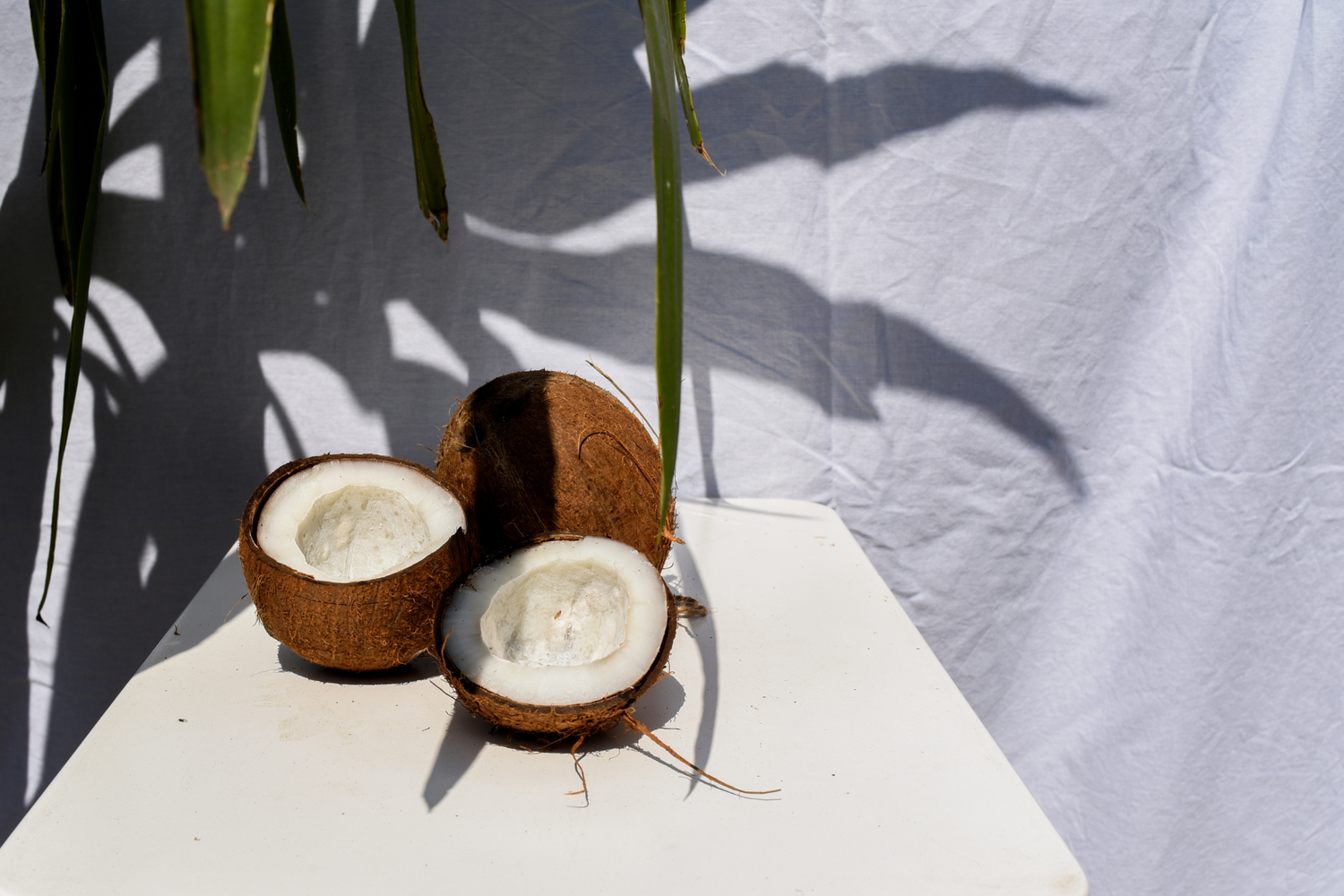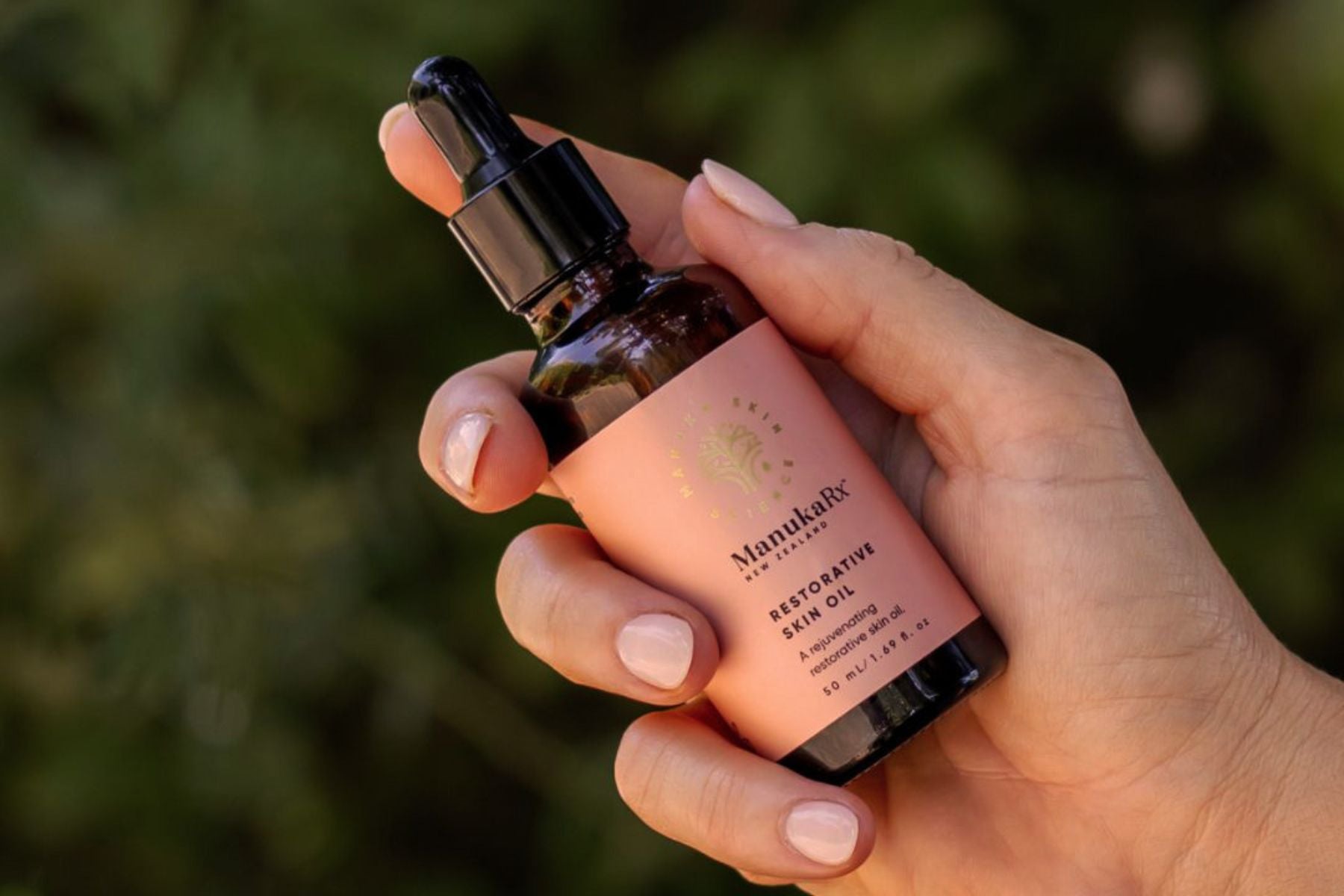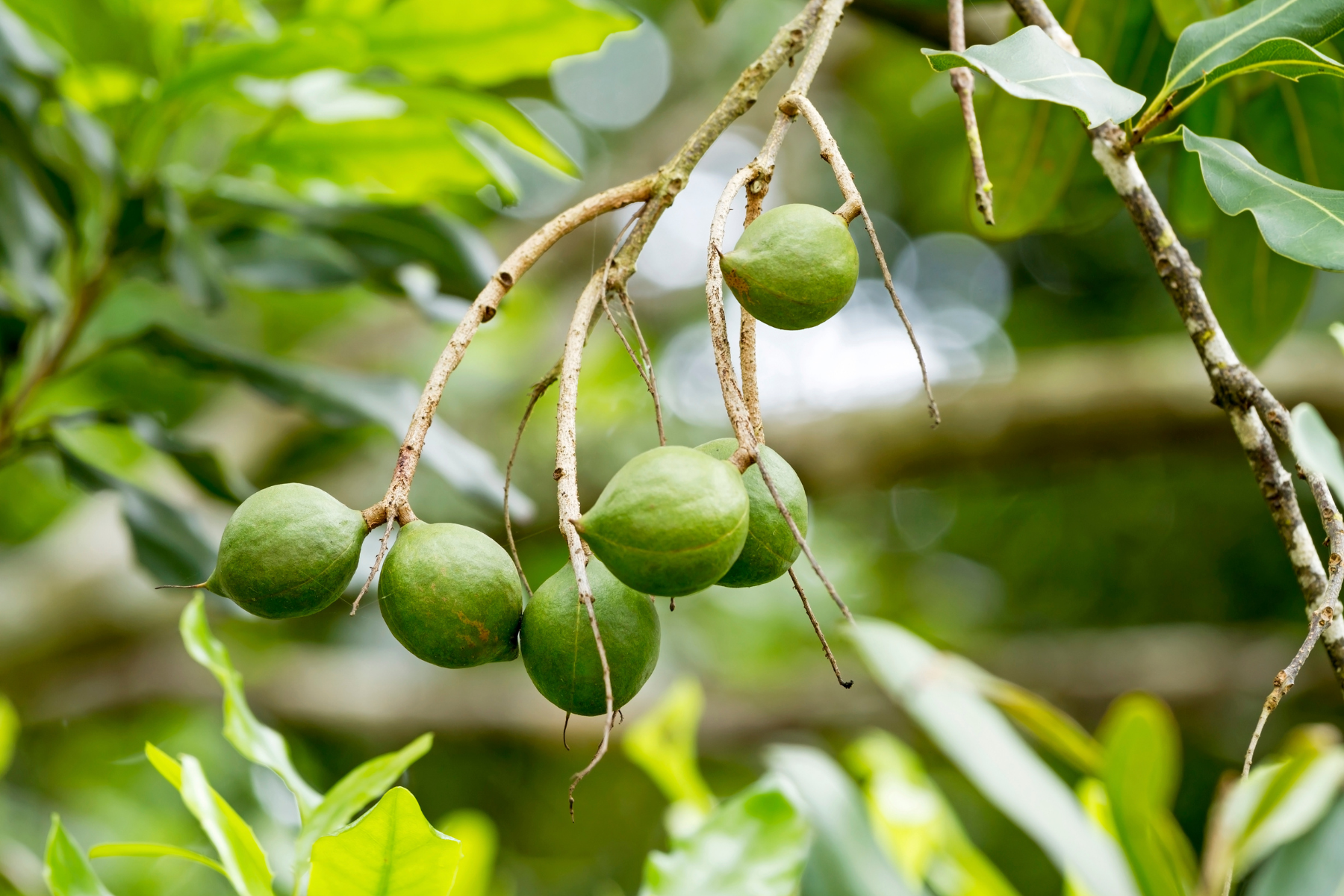About Coconut Oil
Meet one of the most popular oils on the planet. Coconut oil is versatile, easily accessible and affordable, all of which has lead to an incredible rise in trendiness.
The coconut (Cocos nucifera) is a member of the palm tree family, often found in tropical climates - hence why coconuts often have travellers thinking of warm, exotic locations and the sound of the surf. The tree can grow to heights of 30 metres, and bear up to 75 fruit per year. The fruit of the coconut tree is incredibly multifaceted; everything from the husk and shell to the flesh and water has a use. These uses date back thousands of years, with coconuts being a staple in the diets and everyday life of many cultures. Indonesia is currently the largest grower/supplier of coconuts worldwide.
How Coconut Oil is Made
There are several methods of extracting coconut oil from the white flesh of the fruit. Dry processing uses the dried pulp (called copra) to create the oil, where wet processing uses the raw flesh. Cold-pressing is one of the preferred methods of oil extraction for consumers, as it provides a less-processed, pure oil.
Refined coconut oil or RBD coconut oil has been through an additional process which removes the 'coconut' flavour and leaves a clear, more affordable oil that is suitable for cooking and everyday use. For skincare and health benefits, look for virgin coconut oil as it is wet-processed and retains more of the health-boosting compounds and elements.
3 Amazing Benefits of Coconut Oil for Skin and Hair
1. Intense Moisturisation for Dry Skin
Anyone who suffers from dry skin will have no doubt heard to cover themselves head to toe in coconut oil. Coconut oil is one of the most moisturising oils on the market. It works to restore the skins natural barrier and restore moisture to the surface while nourishing and protecting dry skin.
2. Anti-Aging Effects
Coconut oil is renowned for its anti-aging effects, thanks to its deep moisturizing properties that plump up the skin and reduce the visibility of fine lines and wrinkles. It is rich in antioxidants like vitamin E and A, which protect the skin from oxidative stress and environmental damage, slowing the aging process.
3. Healing Properties: Treating Skin Conditions
Coconut oil contains lauric acid, which is the topic of several on-going scientific studies. Lauric acid has antibacterial and anti-inflammatory properties, which helps to combat acne-causing bacteria and keep redness and irritation at bay. While coconut oil does contain lauric acid, it's also a barrier oil and will potentially clog pores if overused on your face. For acne-sufferers, coconut may have some benefits. Instead of slathering skin in coconut oil and clogging pores, try using a cleanser with small amounts of coconut oil, such as ManukaRx Natural Foaming Cleanser for Acne.
Coconut oil also contains vitamin A and E, and amino acids, all of which help to restore and repair the skin.
How to Use Coconut Oil
On skin: For best results, massage coconut oil into your body straight after showering. Focus on dry areas, such as elbows, plus feet and hands to make the most of the antibacterial and antifungal properties.
On hair: Coconut oil is a friend to dry scalps, so massage in a small amount before you shampoo. To hydrate your hair, massage in a small amount of liquid oil at night, then cover. Make sure you shampoo well and don't overdo it; otherwise, it can be greasy.
On face: A little goes a long way. Don't over-do the coconut oil or you'll risk breaking out. Instead, start with small amounts. Try it as a make-up remover (just a little on a muslin cloth) or in a lip balm. ManukaRx Mānuka Lip Balm uses coconut oil to hydrate and softens chapped or dry lips while letting the manuka oil, shea butter and vitamin E work magic. Use it daily to keep your lips in perfect condition.
Coconut has not only risen in the skincare and health ranks, but it's also a popular cooking ingredient. However, due to the high levels of saturated fat found in coconut oil, consumers should limit their intake.
